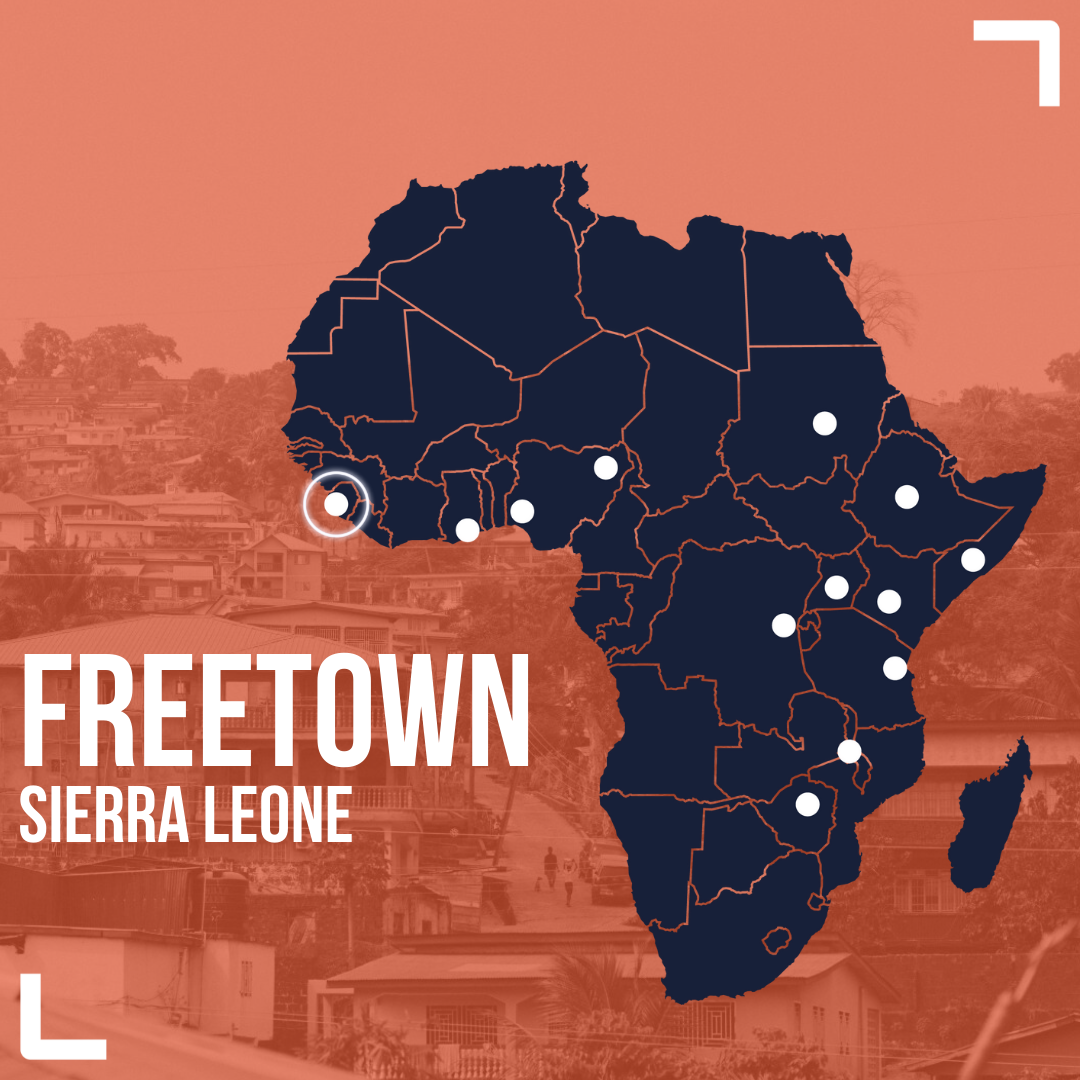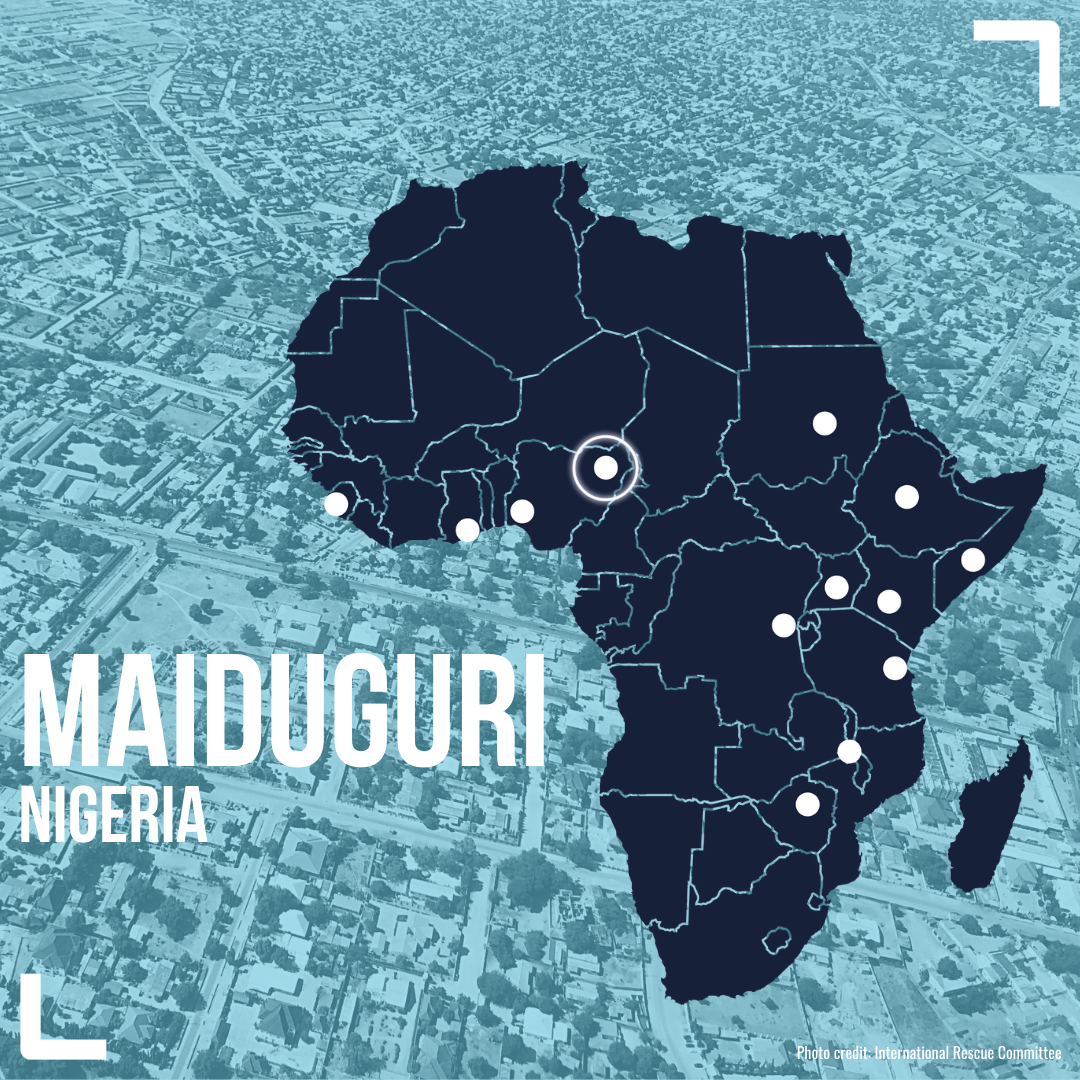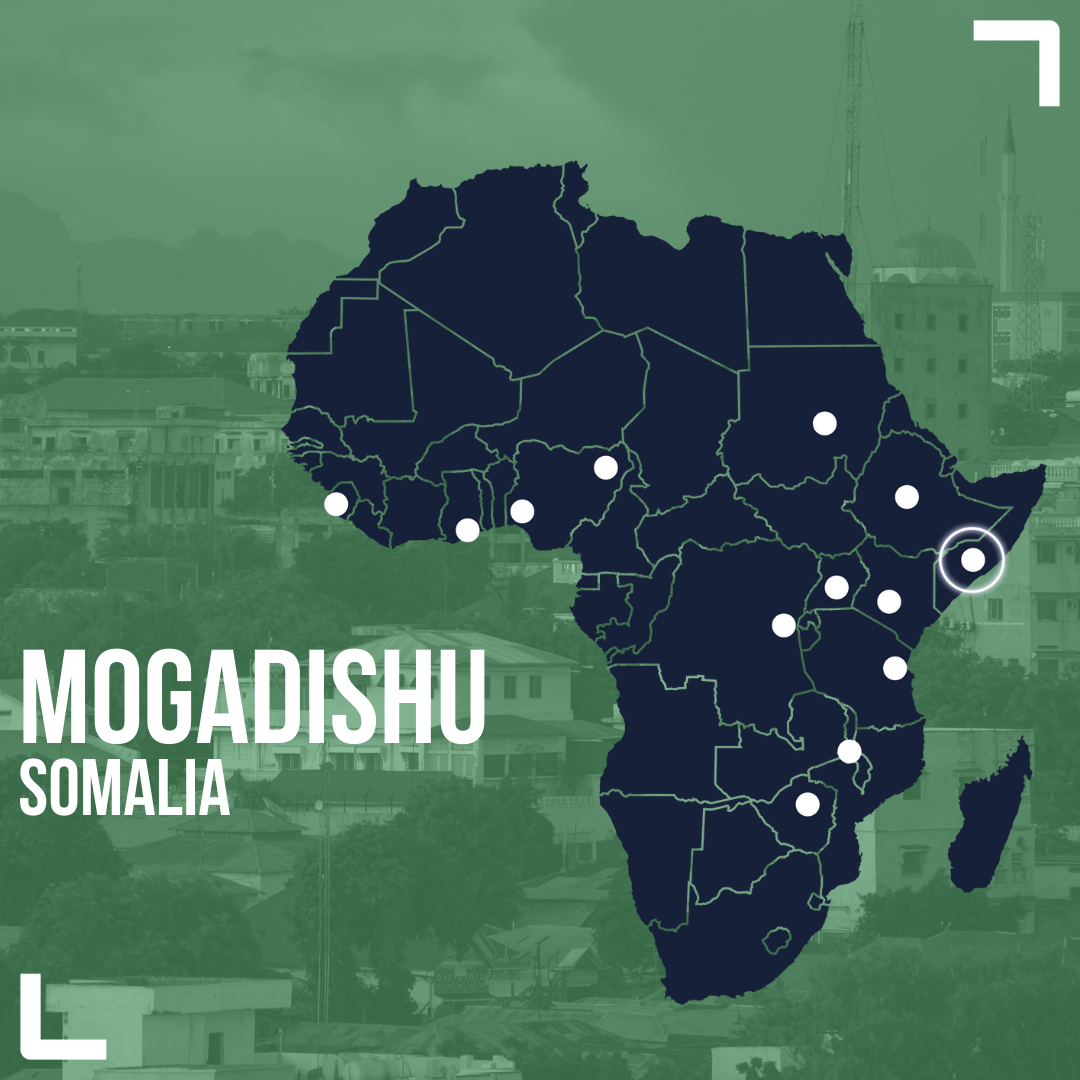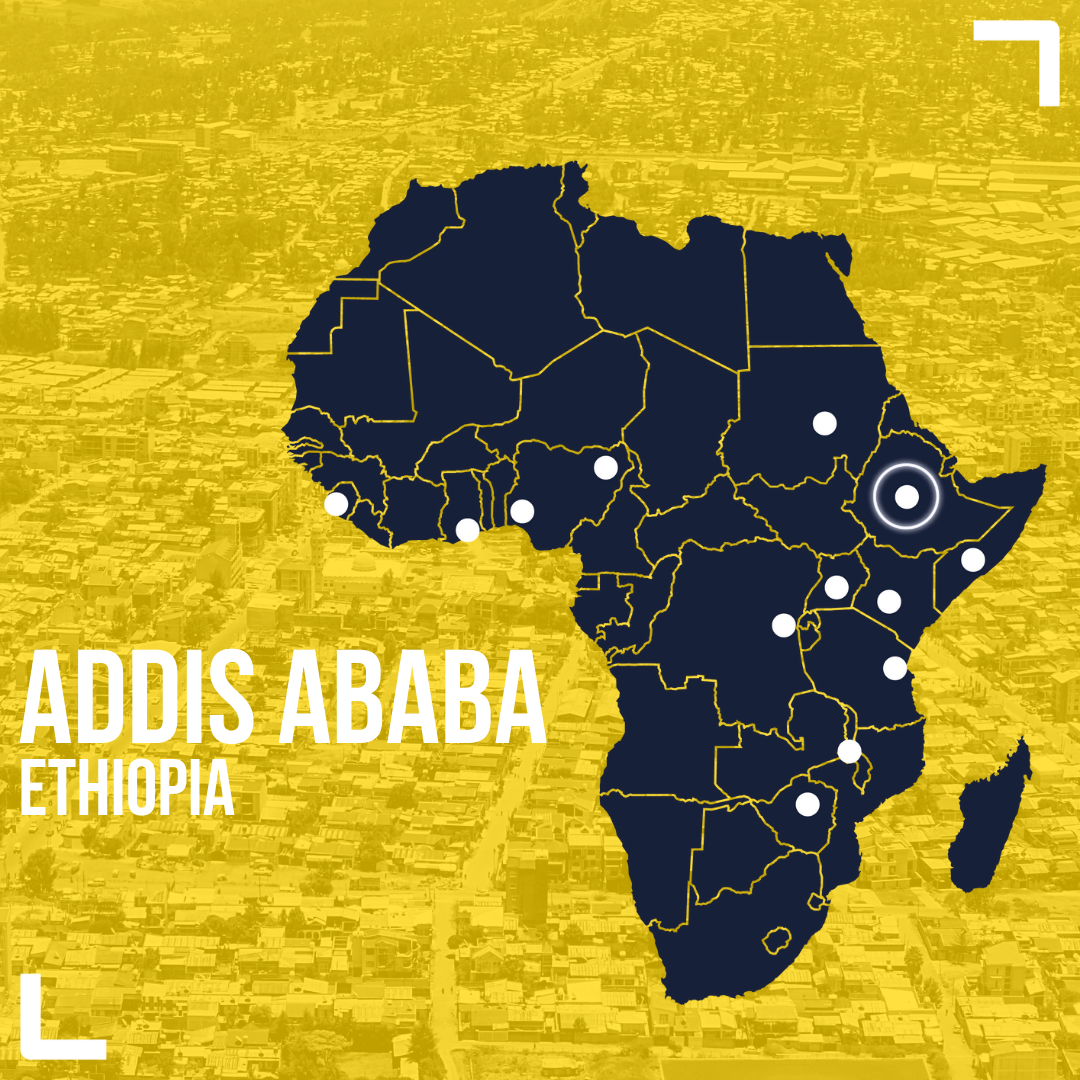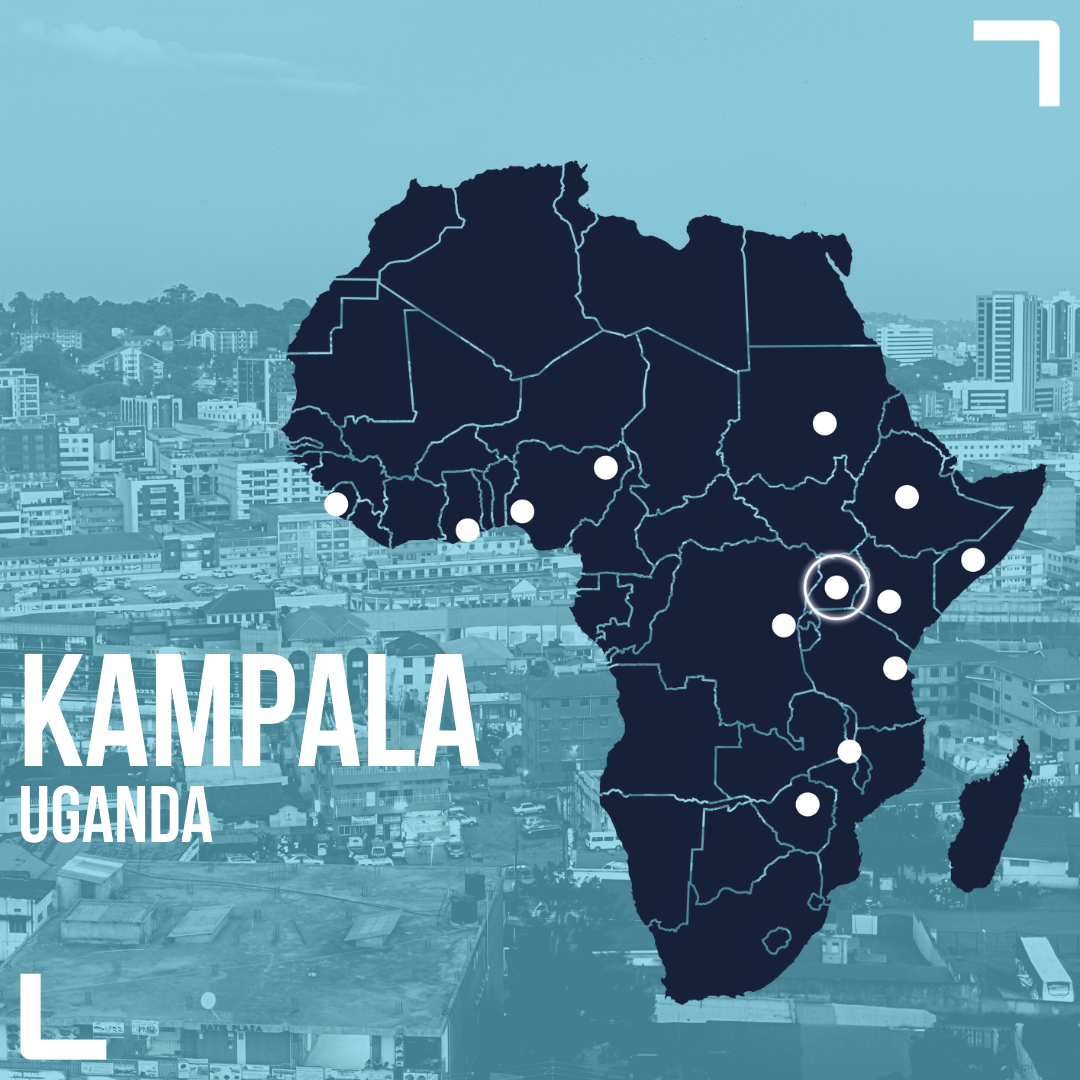Youth and capability development
Africa has the youngest population in the world, with children and young people constituting a significant proportion of the vulnerable segments of the urban population. Young urban citizens face several economic and political challenges in their transition to adulthood, which disproportionately push them to be unemployed, underemployed, informally employed, and to work in hazardous conditions.
These challenges are particularly severe in big cities, where inequality is high and young people are increasingly excluded from urban development interventions. In addition, young women face intersectional vulnerabilities based on their gender and age, exposing them to high levels of early pregnancy, gender-based violence and physical and economic insecurity.
Capability development and improving access to quality educational institutions is critical for young people to be able to make better choices and expand their access to productive employment opportunities – which is in turn vital for African cities to secure broad-based poverty reduction and prosperity. ACRC will explore the key city systems underpinning youth and capability development – including formal and informal education systems, financial services and systems, and spaces to protect children and young people – along with the political landscape that needs to be navigated in order to better connect these systems.
Header photo credit: Tim Kelsall
LATEST NEWS from ACRC

Streetlights in Lagos can boost safety and grow the economy – why not everyone benefits
Streetlighting plays a crucial role in public safety and security, and it promotes inclusive social and economic development by boosting local commerce, street businesses and community engagement.

In the shadow of Nairobi’s expansion: From peasants to paupers
In a new open access book, Peasants to Paupers: Land, Class and Kinship in Central Kenya, Peter Lockwood – former Hallsworth Fellow at The University of Manchester and now a postdoctoral researcher at the University of Goettingen – tells the human stories behind Kenya’s rapid urban expansion and the families being left behind.
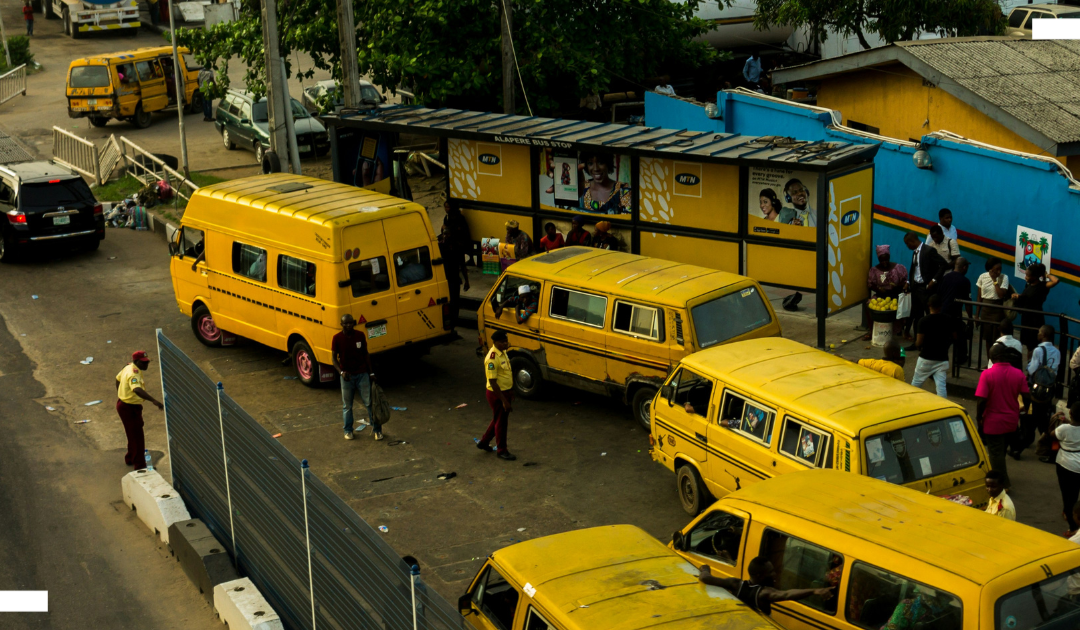
Crime-fighting in Lagos: Community watch groups are the preferred choice for residents, but they carry risks
Criminal activities have developed into a security crisis in Nigeria. Alongside the responses of security agencies such as the police and military, there has been a huge local response, with community groups mobilising in the face of criminal attacks.

